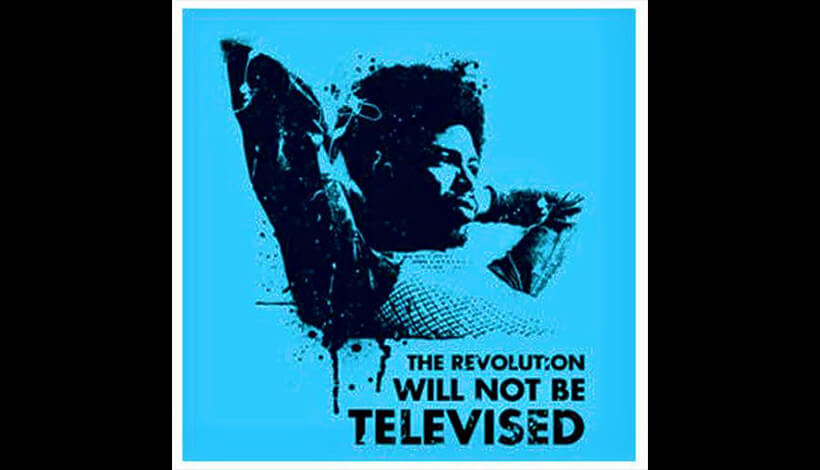Since spring 2020, I have been fascinated by what oddly may be the perfect storm needed for the transformational change advocated by so many of us. I know I will never forget Whittle School & Studios’ 2019-2020 school year, our inaugural year as a newcomer on the Washington DC landscape, trying our very best to become a uniquely modern, global, and different kind of school, not tied to any tradition, history, existing norms, or systems. We were in the envious space many educators dream of — to imagine, build, and co-create from scratch our notion of a perfect learning environment for the unique needs of every student. Today, it feels like we are all now newcomers to a world of education forced to evolve or perish.
In August 2019, The New York Times’ 1619 Project emerged, with great acclaim, to reframe our country’s history commemorating and re-examining 400 years of slavery in the US. Cyclones, typhoons, tornadoes, and wildfires followed, and then…the Global COVID-19 Pandemic; shelter in place, no college, no March Madness or professional sports, no concerts or large gatherings, a nation deeply, politically divided, and no school – just stay at home and deal! And you will…

